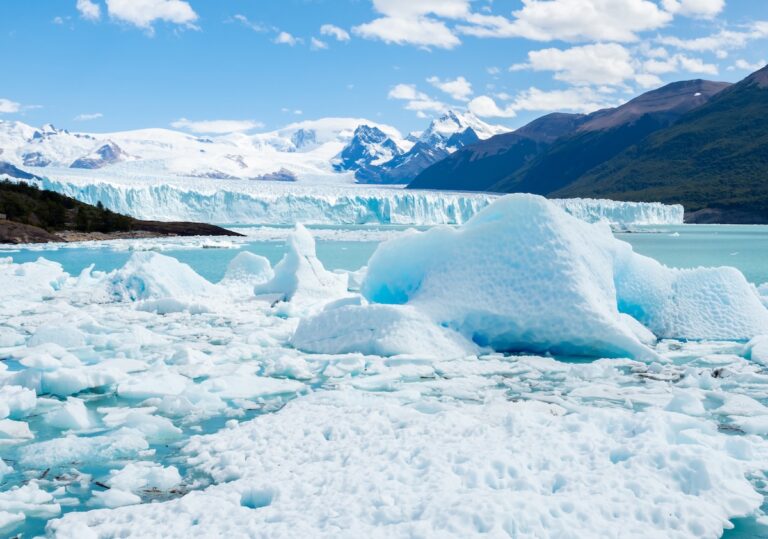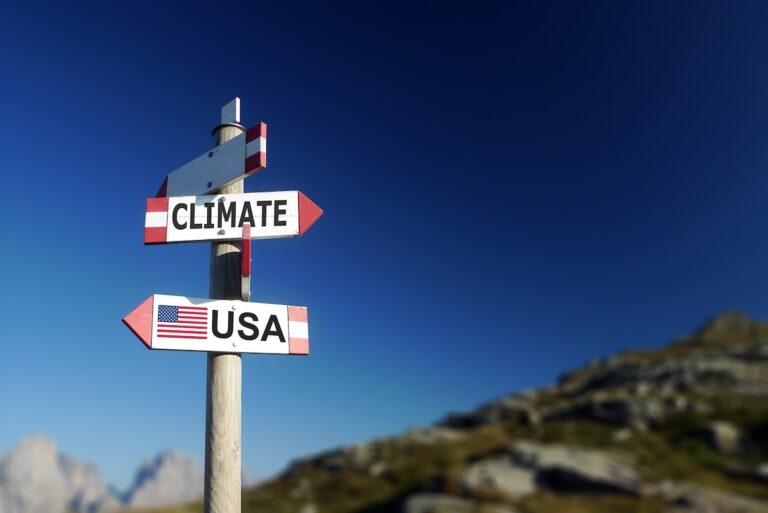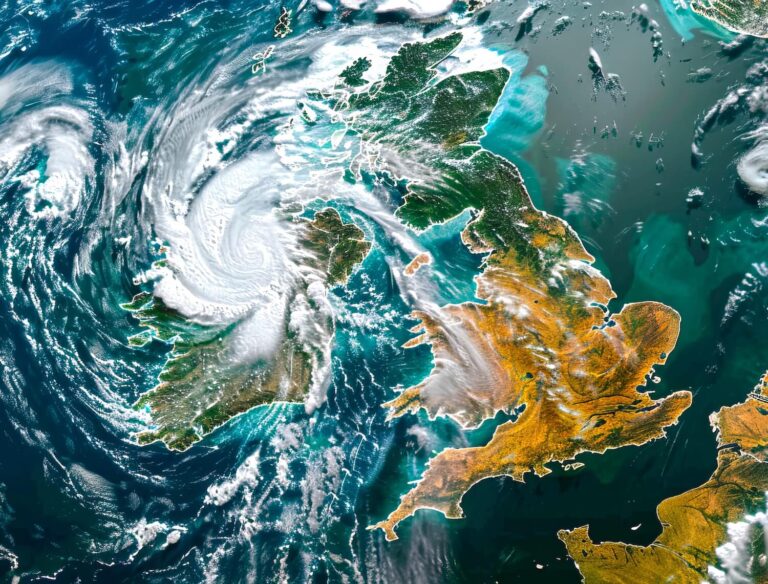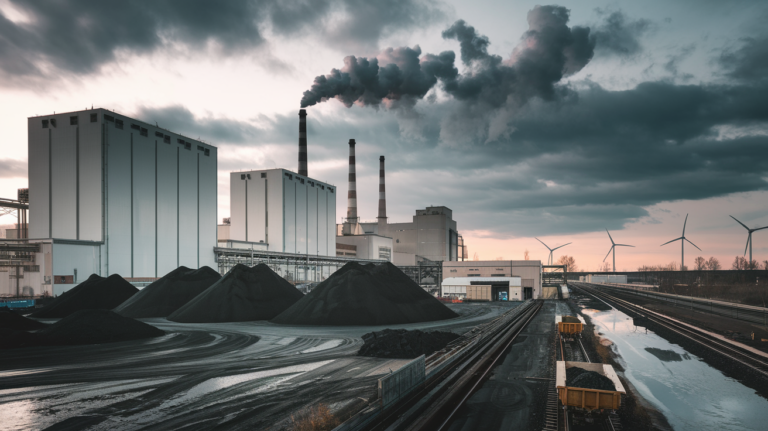The Fracking Debate: Perspective on Harris and Trump’s Clash
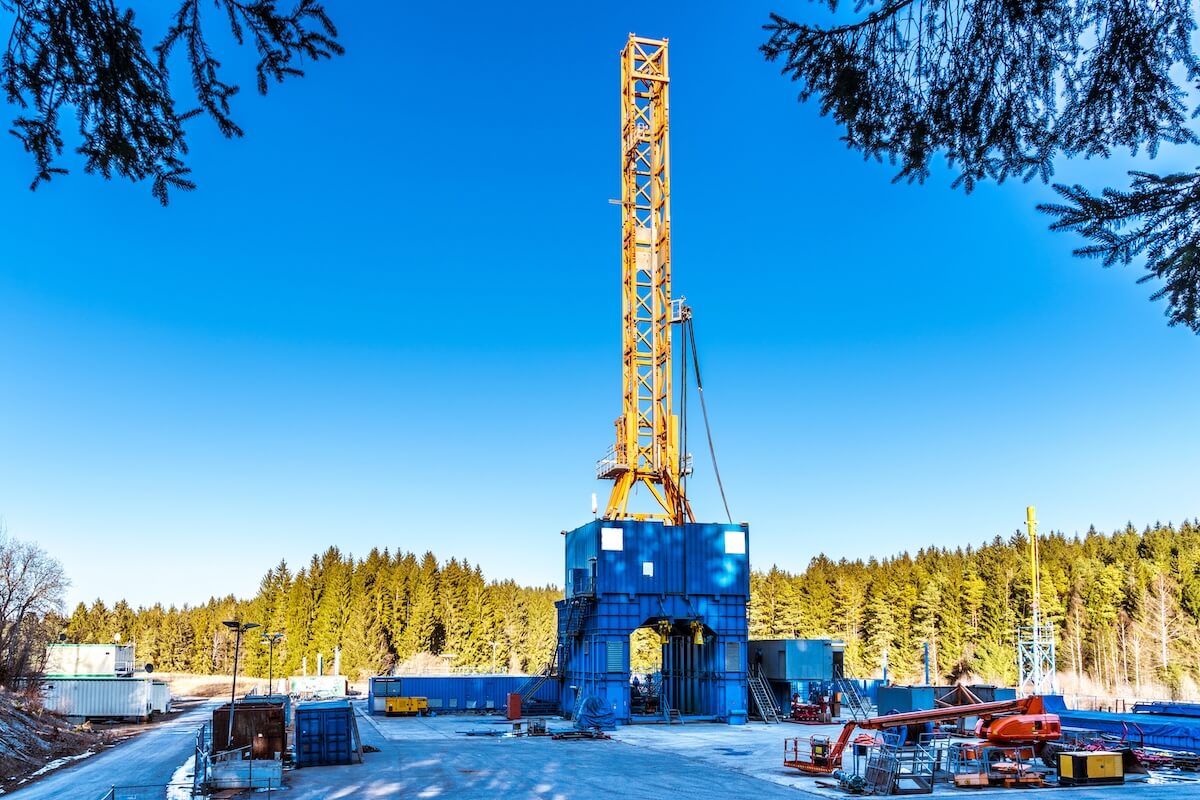
Fracking—now there’s a word that can heat up any debate room, especially if you’re talking about Pennsylvania. During a recent faceoff, Donald Trump claimed that Kamala Harris would kill fracking “on day one” if she took office. Harris, meanwhile, didn’t waste time setting the record straight: “I won’t ban fracking. I haven’t banned it as Vice President. I was even the deciding vote that allowed new fracking leases under the Inflation Reduction Act.” So, what’s the real story here?
First, let’s clear up some context. Harris, back in 2019 during her presidential bid, did once say she supported banning fracking. But political positions evolve, right? Now, as Vice President, she’s clearly on a different path, recognizing the role fracking plays in the U.S. energy landscape.
Fracking isn’t going anywhere anytime soon, not because Harris or Biden are closet supporters, but because it’s deeply embedded in U.S. energy production. And it’s not just a federal decision—most fracking happens on private land, and even a president doesn’t have the power to shut that down overnight. Trump, of course, conveniently ignored that detail.
The Role of Fracking in US Energy Production
Here’s where things get more interesting. Fracking, especially combined with horizontal drilling, has catapulted the U.S. into the top ranks of global oil and gas producers. We’re not talking small potatoes; this surge in production has made the U.S. energy independent in ways that once seemed impossible. However, this is a double-edged sword.
Sure, it reduces our dependence on coal—an even bigger polluter—but it also leaks methane, a greenhouse gas that’s about 25 times more potent than CO₂ over the short term. The science is clear: methane emissions are a major driver of climate change, and while the industry has gotten better at capturing some of those emissions, they’re still a big problem.
Yet, we’re in a tight spot. Shutting down fracking would shake up energy markets, spike prices, and leave a lot of people jobless—especially in states like Pennsylvania, where Trump made his fracking comments. And that’s the key reason Harris and Biden are playing it safe. They understand the delicate balance between economic stability and environmental responsibility. Does that mean they’re abandoning the fight against climate change? Hardly. But they’re walking a tightrope, and fracking happens to be a pretty thick rope to cut.
Let me give you a real-world example: the Inflation Reduction Act, which Harris mentioned during the debate, is essentially the U.S. government’s latest attempt at addressing climate change, and yes, it opened up some fracking leases. But it also packed billions into clean energy, renewables, and electrification. You could say it’s a pragmatic approach—trying to transition away from fossil fuels while recognizing the grip they still have on the economy.
So, will Harris ban fracking if she becomes president? Not likely. The energy market, along with political and economic realities, makes a full-scale ban almost impossible. And while fracking may not be the knight in shining armor of climate solutions, for now, it’s a piece of the puzzle that isn’t going to be thrown out.
In the end, it’s not just about what one politician says during a campaign. It’s about understanding that energy transitions take time, and when you’re dealing with an issue as big as climate change, sometimes you’ve got to pick your battles—one pipeline at a time.
